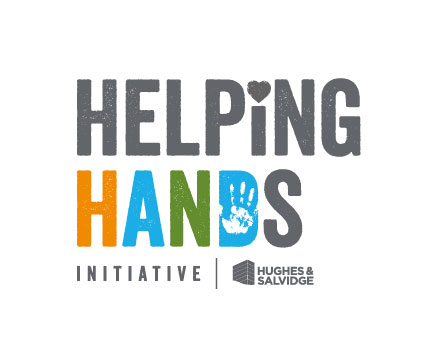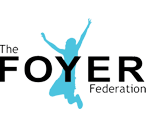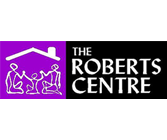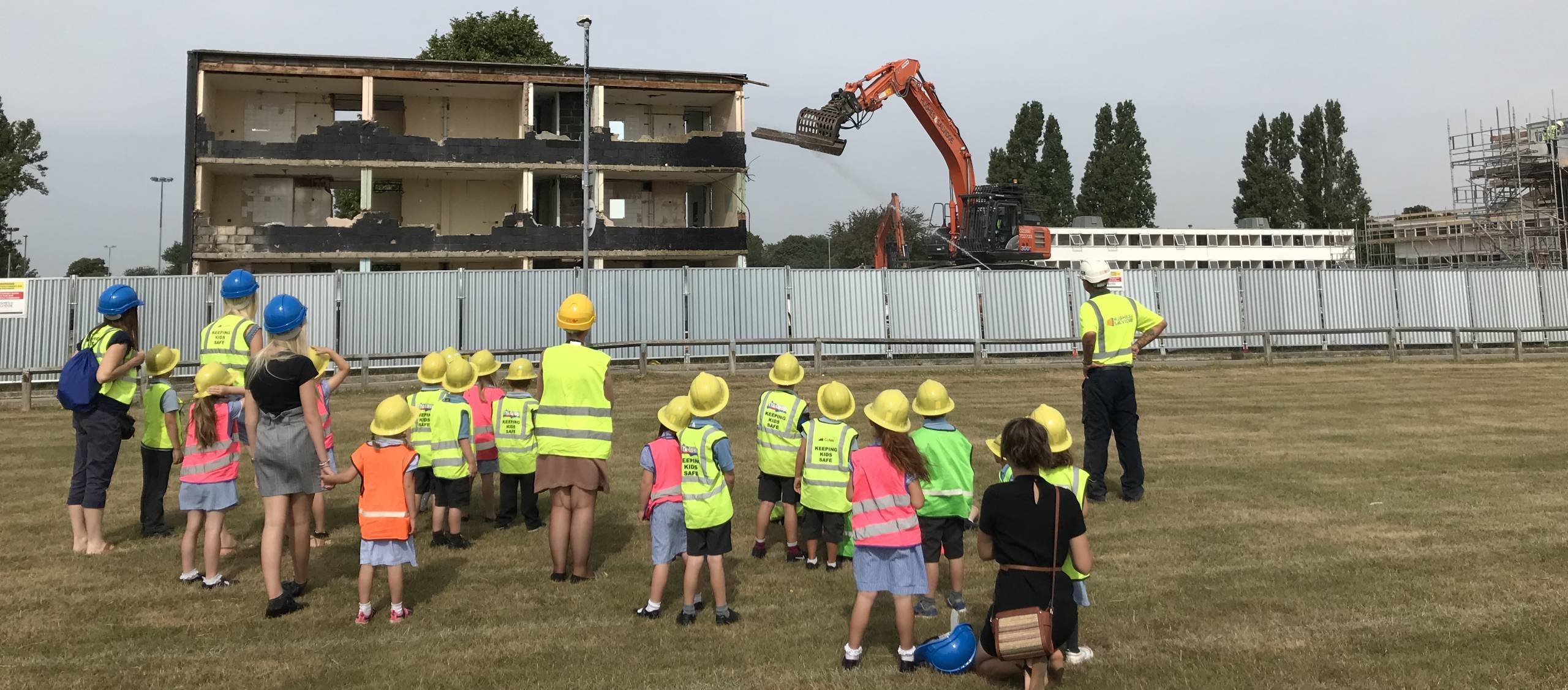Helping Hands Initiative
Helping Hands is Hughes and Salvidge’s Social Value Initiative aimed at enhancing and supporting the communities that we work in.

What is Social Value?
Social Value refers to the positive impacts of organisations on the wellbeing of individuals and communities through the following aspects:
- Economic: employment or training.
- Social: promoting cohesive communities.
- Environmental: including carbon emission reduction endeavours.
The Initiative
Helping Hands covers five main pillars of Social Value:
Charity, Community, Wellness, Development and Sustainability, and provides project specific and annual objectives for the company to achieve.
Charity
- Identify opportunities close to offices (Portsmouth and Heathrow).
- Identify opportunities near to projects at tender stage.
- Organise in conjunction with the client or in-house.
- Number of hours dependent on length of project.
- Identify annual opportunities to volunteer for non-site-based staff.
- Identify annual events near to projects and offices that can be sponsored.
- Identify opportunities for sponsorship of an individual or group – fun run, bike ride, etc.
- Select a charity to support for at least one calendar year.
- Identify charities and causes that provide Christmas meals or food parcels.
- Identify charities or causes that undertake Christmas toy drives.
- Organise an annual Easter Egg collection in-house and identify 1+ charities close to projects or offices that would benefit, e.g., children’s charities, young carers, family centres.
Community
- Identify opportunities to deliver Construction Site Safety presentations.
- Identify schools local to projects to invite for ‘Demolition Days’ visits.
- Identify opportunities to attend career days/fairs at local colleges and schools.
- Endeavour to utilise labour from within 25 miles of a project.
- Identify ways to make the local area safer – lit hoarding, for example.
- Viewing panels installed in hoarding.
- Identify local grassroots sports team(s) to sponsor – donating kits, etc.
Sustainability
- At tender stage of each relevant project, identify items for upcycling – office furniture, carpet tiles, etc
- Build a Reverse Supply Chain for Upcycling charities nationwide.
- Identify charities and organisations that organise tree planting on a larger scale.
- Liaise with clients to organise tree planting/replanting on projects where tree removal is a necessity.
- Maintain over 95% recycling rate across all projects.
- Research asbestos recycling for future use.
- Work towards reducing carbon emissions year-on-year.
- Work towards a completely electric/hybrid fleet.
- Continue to invest in the latest eco-friendly plant and equipment.
- Van share where possible (COVID-dependent).
Wellness
- Promote our in-house Mental Health Initiative to employees and their family members.
- Identify local Mental Health Initiatives to support – local to projects and offices.
- Ensure all subcontractors and non-direct labour are aware of our Mental Health Initiative and what is available to them.
- Identify food banks local to projects and offices for ad hoc donations.
- Organise bi-annual collections from Head Office.
Development
- Identify opportunities with training providers, colleges and schools to deliver presentations about ‘How to get into Demolition and/or Asbestos Removal’.
- Develop training programmes for all employees.
- Identify local providers that can provide apprenticeships or informal apprenticeships for over 18's.
- Identify opportunities for local supply chain use.
- Identify organisations that support long-term unemployed people.
- Identify areas for meaningful employment – long-term or opportunity for training.
- Advertise locally for vacancies, utilising local programmes and Job Centres.








